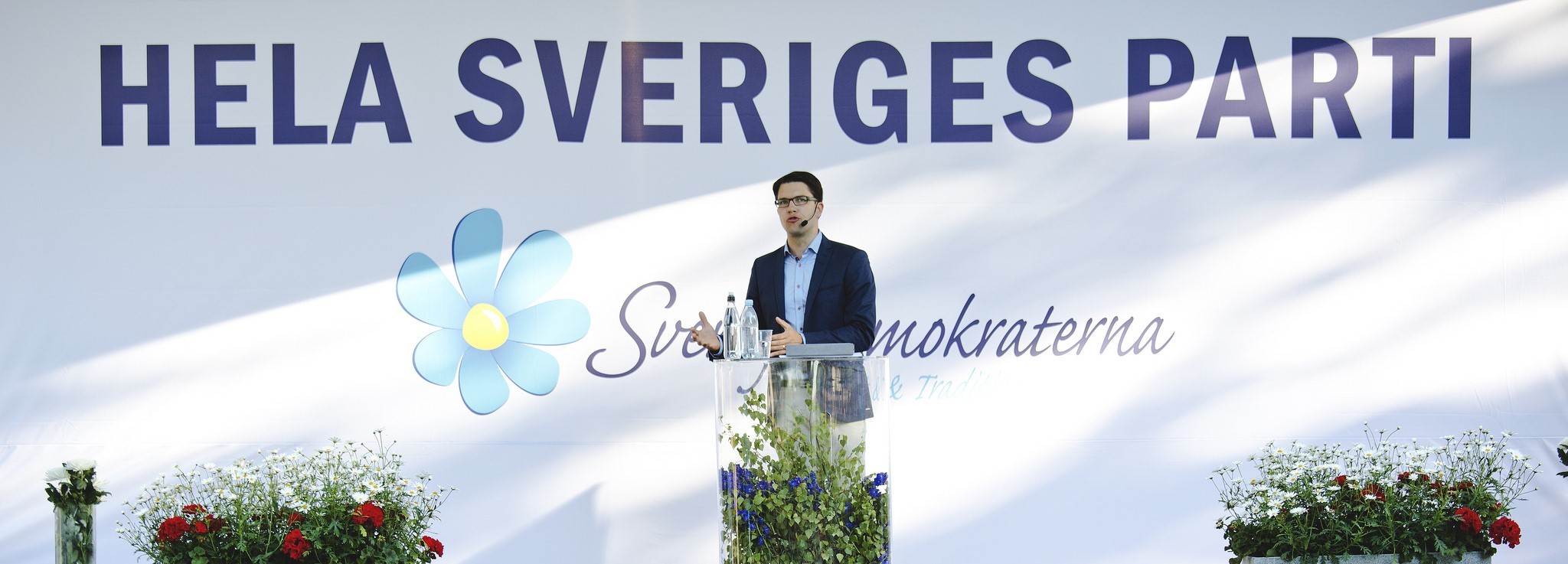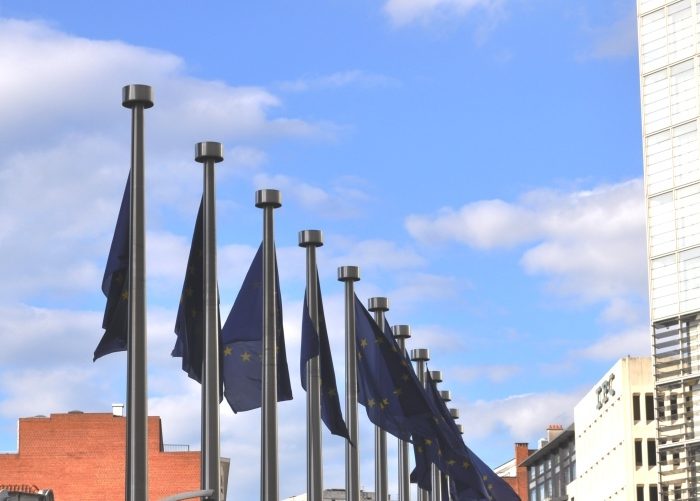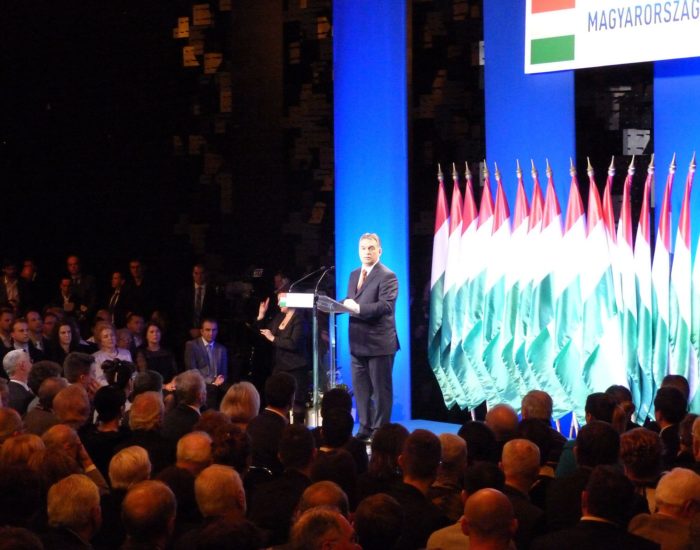The rise of the Sweden Democrats — electoral successes and diverging paths
By Maria Tyrberg.

Unlike its fellow Nordic neighbours, Sweden was for long an exception to the electoral support of radical right-wing parties. Apart from the short-lived appearance of New Democracy in the early 1990s, the country initially did not follow the trend of increased presence of radical right-wing parties as in other European parliaments. However, in 2010 the Sweden Democrats – the biggest radical right-wing party in Sweden today – gained parliamentary representation, thus bringing Sweden a step closer to a similar development as underway in the rest of Western Europe. The prosperity of the Sweden Democrats continues, and with almost 13 per cent of the vote share they are now the third biggest party in the national parliament, with representation also in the majority of the local governments holding roughly ten per cent of the total seats nationwide.
Turning to the origin of the party, the Sweden Democrats (SD) emerged from neo-fascist and neo-Nazi subcultures in the late 1980s. This background has caused the established parties in Sweden to treat SD as pariah, and since the mid-1990s the party has actively worked to present a more legitimate ideological profile, but they still struggle with controversies.[1] The so-called ‘iron pipe scandal’ received wide attention in 2012, when a film leaked showing leading politicians from SD using racist terms of abuse towards a Swedish comedian, and later arming themselves with iron pipes. The work towards a more legitimate profile hence continues still today. As part of the strategy they have introduced a zero-tolerance policy towards extremism and racism, which has led to the exclusion of several party members.
The aspiration to erect a more respectable image is an attempt to resemble other successful European radical right-wing parties, such as the Danish People’s Party, whose progress to develop into an accepted party in Denmark has been an inspiration for SD. As a consequence, SD has gone from focusing on nationalism to social conservatism as their core ideology in their party program [2], but nationalism is still central in their political speeches. As opposed to other radical right-wing parties in Europe with an authoritarian approach, SD could rather be considered to highlight more democracy and less state intervention.[3]
These strategic choices have proven electorally appealing; in 2014 SD nearly tripled their vote share in the European Parliament election, gaining two seats for their party representatives. Together with other radical right-wing parties — such as the British UKIP and the Lithuanian Order and Justice — they are now members of the party group Europe of Freedom and Democracy (EFDD), which focuses on EU criticism as the common denominator. While EU opposition has become more prominent in SD’s rhetoric, it is unclear whether this has translated into action. According to a report by the EU-critical think tank OIEC, SD — among other Eurosceptic parties — has so far prioritized other issues over that of EU criticism.[4]
On the national arena, SD recently announced they want to limit their MPs appearance in the parliament in order to focus on campaigning and agenda-setting. This is an approach that somewhat resembles and is influenced by that of the Danish People’s Party, but it is also a step away from the attempt to appear more statesmanlike. Measures taken so far include raising the issue of arranging a national referendum regarding immigrant reception, and handing out leaflets to refugees in Greece in an attempt to warn them to travel to Sweden, arguing there is no room left in the country for them.
Some argue this dispersion of strategic choices is symptomatic for the position of SD today, and it is unclear what the party’s next step will be. On the one hand, although the established parties in the parliament are still unwilling to openly cooperate with SD, the party has been somewhat (but definitely not fully) normalized and legitimized in the Swedish party context, which is a goal it has aspired for. On the other hand, support in public opinion is declining, and with the latest increase of refugees in Sweden SD is no longer the only party with a clearly restrictive approach towards immigration.[5] According to a recent survey,[6] some of the previous voters of SD have now returned to the established parties. Hence, there seems to be a difficulty of attaining a respectable approach while gaining support. The future of SD is thus dependent on both the strategic choices of the party itself, as well as the established parties’ handling of the immigration issue.
–
Maria Tyrberg is a research assistant at the Department of Political Science at the University of Gothenburg, and the Department of Sociology at Stockholm University. She is currently working in projects focusing on the Sweden Democrats and the political impact of anti-immigrant parties in Europe.
Disclaimer
The views and opinions expressed in this article are those of the author.
–
[1] Erlingsson, Gissur Ó, Kåre Vernby & Richard Öhrvall (2014). “The singe-issue party thesis and the Sweden Democrats”, Acta Politica, Vol. 49, 2.
[2] Rydgren, Jens & Patrick Ruth (2011). ‘Voting for the radical right in Swedish municipalities: social marginality and ethnic competition? Scandinavian Political Studies, vol. 34, no. 3, pp. 202–225 & Erlingsson et al (2014).
[3] Carter, Elisabeth (2005). The extreme right in Western Europe. Success or failure?. Manchester: Manchester University Press.
[4] OEIC (2015). “Europe Deserves Better. Broken Promises – The Sweden Democrats first year in the European Parliament”, available at http://oeiceurope.com/booklet-europe-deserves-better-sweden-democrats-in-the-eu-parliament/
[5] Nilsson, Torbjörn (2016). “Vilse I samtiden”, in Fokus, issue 10, available at http://www.fokus.se/2016/03/vilse-i-samtiden/
[6] Kärrman, Jens (2016). “Regeringens flyktingpolitik lockar SD-väljare”, Dagens Nyheter, available at http://www.dn.se/nyheter/sverige/regeringens-flyktingpolitik-lockar-sd-valjare/
–
Picture: News Øresund — Johan Wessman, Sweden Democrats in Almedalen, 2013, Creative Commons via Flickr



